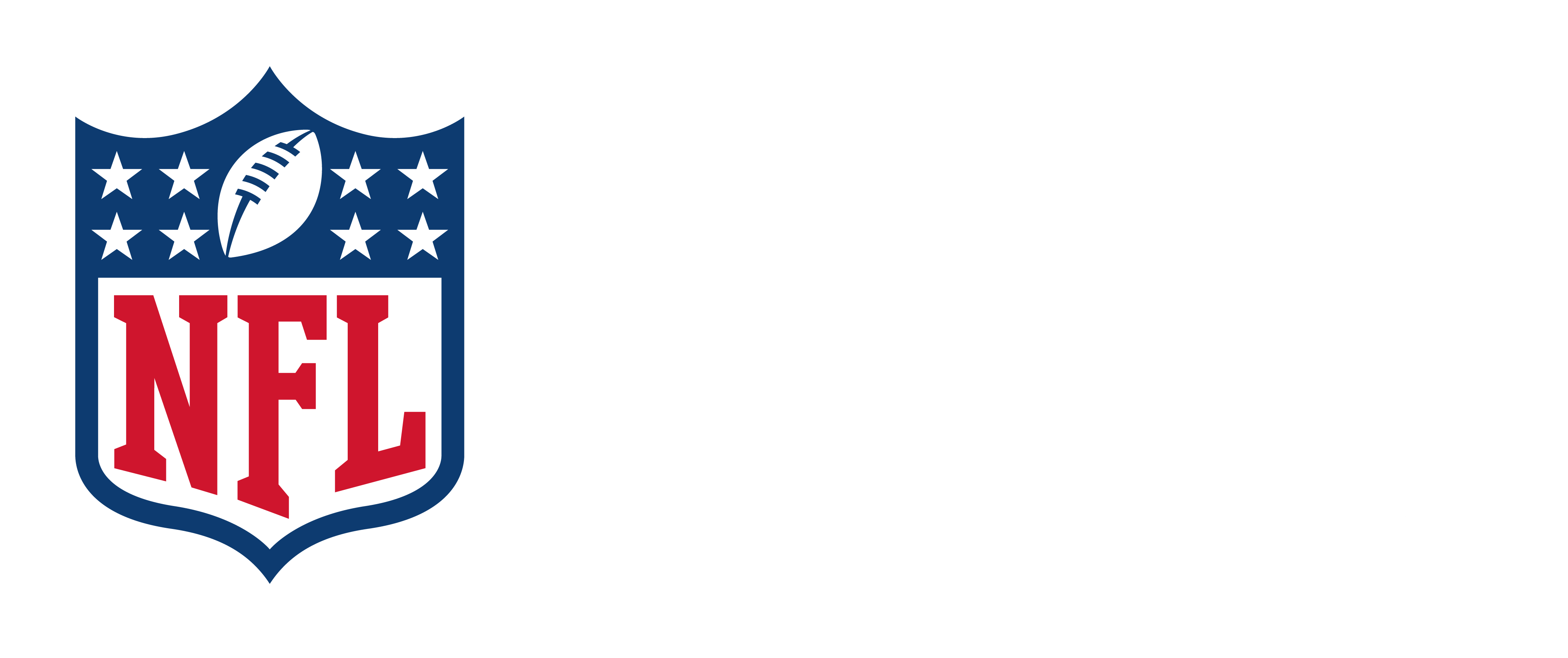In 2016, the NFL allocated $60 million toward the creation and funding of the Engineering Roadmap. It's a comprehensive effort—funded by the NFL and managed by Football Research, Inc. (FRI)—to improve the understanding of the biomechanics of head injuries in professional football and to create incentives for helmet manufacturers, small businesses, entrepreneurs, universities and others to develop and commercialize new and improved protective equipment, including helmets.
Click here to download a PDF version of the NFL Engineering Roadmap Factsheet.
DRIVEN BY EXPERTS: BIOMECHANICAL ENGINEERS
Football Research, Inc. (FRI), a nonprofit corporation formed and financially supported by the NFL, manages the Engineering Roadmap. The Board of Directors includes leading engineers and experts who advise FRI on how best to achieve the goal of advancing the understanding of biomechanics in football and creating an environment where new and improved protective equipment will be developed. Jeff Crandall, Ph.D., chairman of the NFL Engineering Committee, serves a leading role in managing the Engineering Roadmap. Dr. Crandall is the Nancy and Neal Wade Professor of Engineering and Applied Sciences at the University of Virginia and Principal Scientist and Consultant at Biocore. The Board also works closely with Dr. Kristy Arbogast and Dr. Barry Myers, consultants to the NFL Players Association, who each serve as co-leads on essential elements of the Engineering Roadmap.
RESEARCH: MEASURING THE ON-FIELD ENVIRONMENT AND SHARING TOOLS
As part of the Engineering Roadmap, biomechanical engineers completed a comprehensive video review of all reported concussions sustained in NFL games since the 2015 season to better understand concussion-causing impacts. The data is shared widely with helmet manufacturers, designers, innovators, entrepreneurs, universities and others to stimulate new ideas and designs for protective equipment. FRI has also collaborated with university partners to develop new tools to encourage innovation and advance equipment design, including finite element models of modern football helmets, impact test dummy components and test conditions simulating on-field impacts.
EDUCATION: EXPERTS AND INNOVATORS LEARNING FROM EACH OTHER
Experts share the latest knowledge regarding the causes of concussion in professional football, including the best tools available for assessing and optimizing the design and manufacturing of protective equipment. These discussions are an important step to educating and creating incentives for those in the marketplace to design and manufacture protective equipment that performs better than current models. Periodic symposia, webinars and other educational efforts allow experts to share the most up-to-date biomechanical and biomedical information.
CROWDSOURCED CHALLENGES OFFER INCENTIVES FOR ENTREPRENEURS AND SMALL BUSINESSES TO ACCELERATE INNOVATION
The NFL engages experts to stimulate new developments in engineering, biomechanics and materials science designed to better protect against injuries.
THE NFL HELMET CHALLENGE
In 2019, the league launched the two-year NFL Helmet Challenge, an innovation challenge that aims to stimulate the development by experts, innovators and helmet manufacturers of a new helmet for NFL players that outperforms all helmet models currently worn by NFL players. The challenge will culminate in July 2021 with teams submitting helmet prototypes for laboratory testing for the chance to win the $1 million prize.
HEADHEALTHTECH CHALLENGES
The NFL and FRI created the HeadHealthTECH Challenges, which are attracting innovative grant proposals from institutions, individuals and corporations that are interested in designing the next generation of protective equipment. These proposals range from concepts to commercially-ready products for use by athletes, including most recently support for Helmet Challenge applicants to develop their helmet prototypes. The TECH Challenges are structured to stimulate research and innovation, as well as encourage connections with mentors and/or venture capitalists, with the goal of spurring developments in engineering, biomechanics, advanced sensors and materials science. The TECH Challenges are operated and managed by Duke University's Clinical and Translational Science Institute, which provides constructive feedback for all applicants. Thus far, the NFL and FRI have awarded grants totaling nearly $3 million to help advance the development of 17 new technologies.











